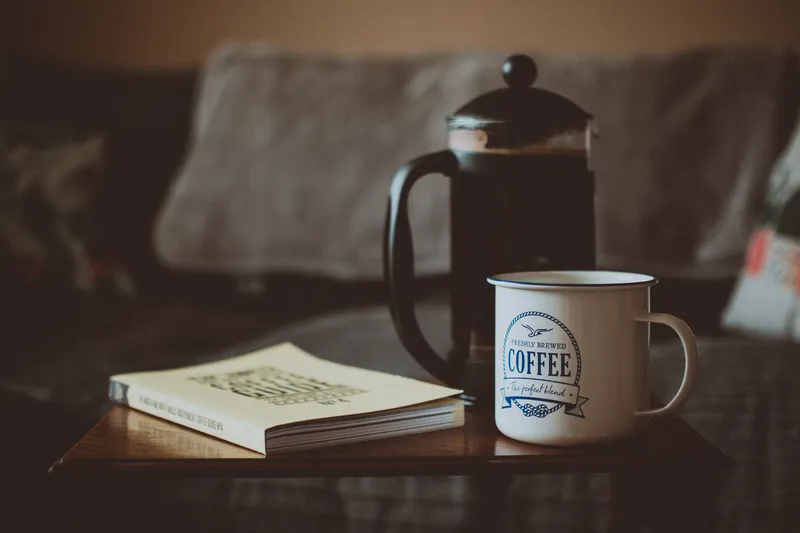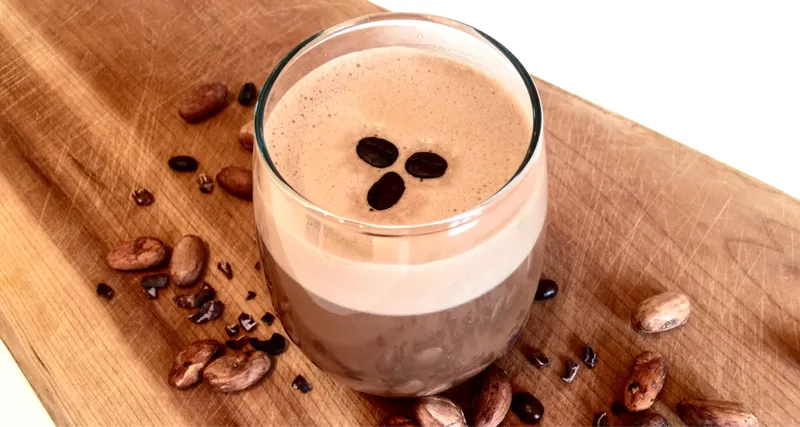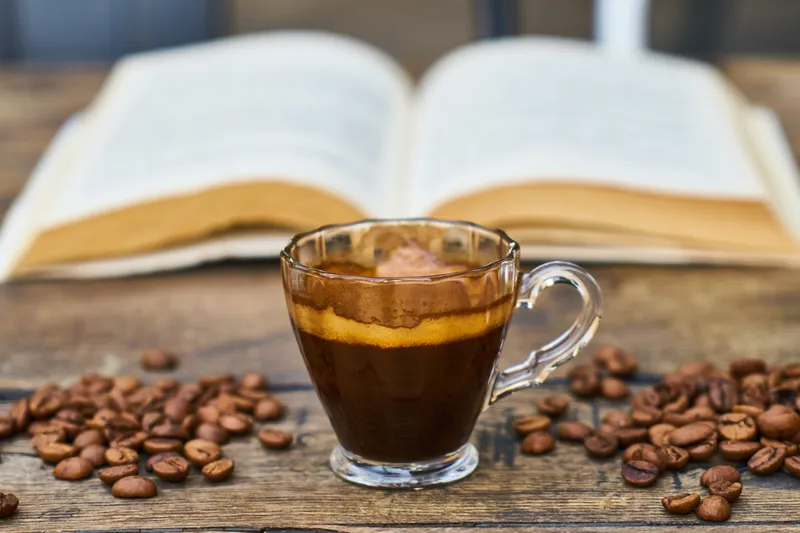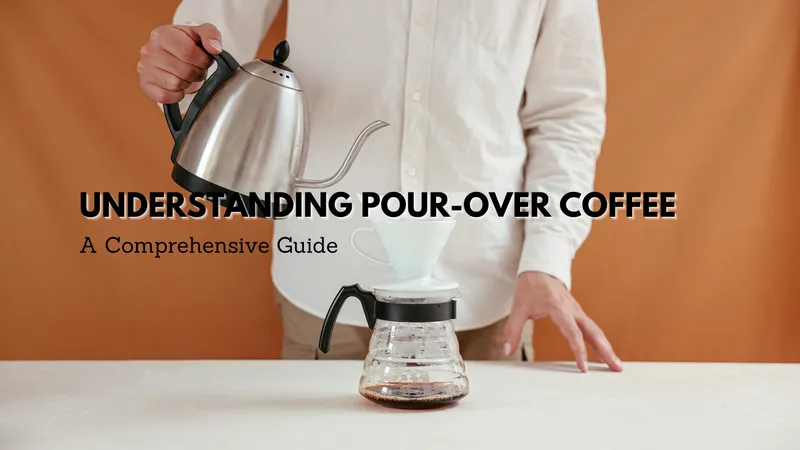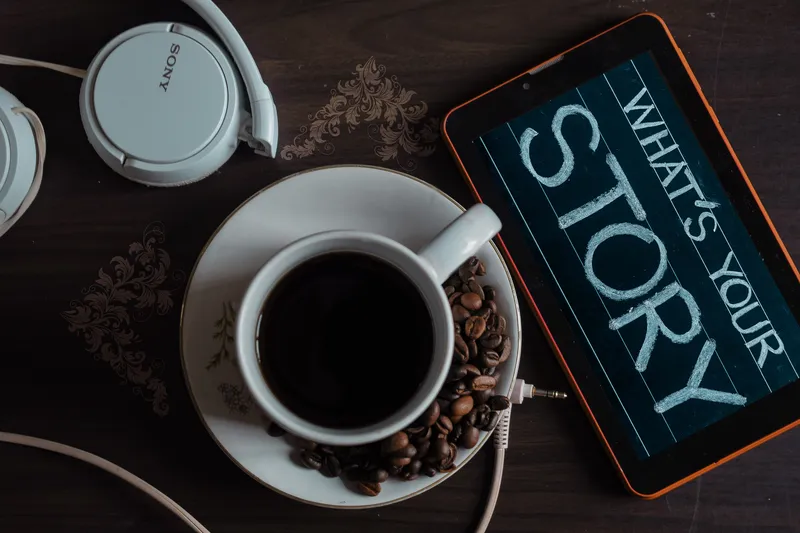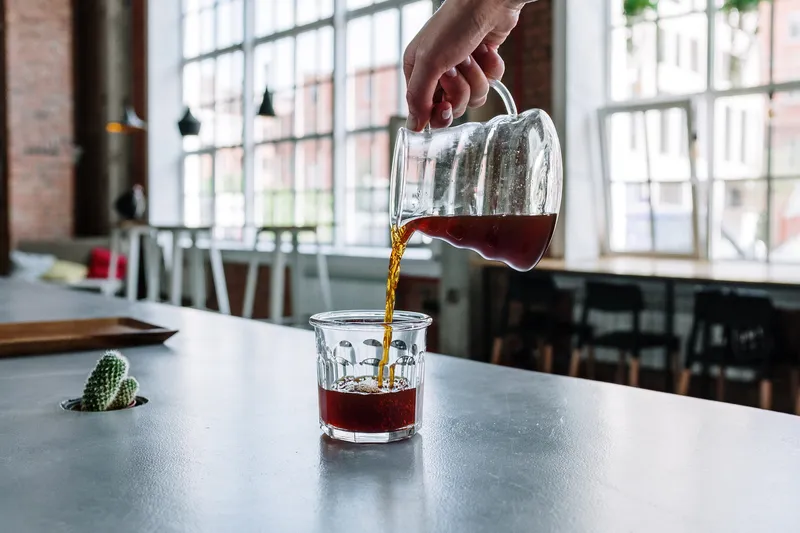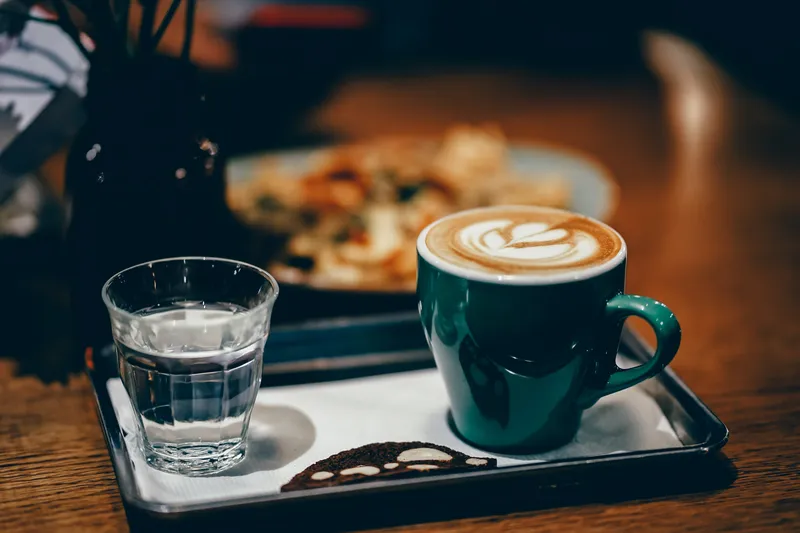As a French press enthusiast, you're always on the hunt for the best coffee to enhance your brewing experience. Remember how the French press was your first love in coffee brewing? It's hard to believe it's been five years since you ventured into the world of drip coffee machines.
Your journey with the French press has led you to try many different types of coffee. From amazing brews to the not-so-great ones, you've tasted them all. But, with your improved French press techniques and knack for picking the right coffee, you've been enjoying consistently great cups lately.
Wanting to learn more, you reached out to the co-founder of Onda Origins Coffee in Seattle. This expert shared valuable tips on choosing the best coffee beans for French press brewing. Even as a French press pro, this chat opened your eyes to new brewing methods. Whether you're new to the French press or an experienced user, get ready to discover great advice in this guide on finding the perfect coffee for your French press.
Your Complete Guide to Choosing the Best Whole Coffee Beans for French Press
Let's dive into the world of coffee beans, the heart of a great French press experience. The secret? Start with whole coffee beans and grind them right before brewing. You might wonder why. The answer is simple: oxygen is the enemy of fresh coffee.
Imagine this: just like an apple turns brown when it's cut and exposed to air, coffee beans begin to lose their freshness once ground. Oxygen starts a process called oxidation, which affects the coffee beans' molecules, leading to a loss of those amazing aromas and flavours you love in your coffee.
To ensure the most aromatic and flavorful cup, always choose whole beans over pre-ground coffee for your French press. This small but crucial step can make a huge difference in your coffee brewing journey.
Best Coffee Beans for French Press Brewing: A Guide for Coffee Aficionados
Bili Hu's Monsooned Malabar: A Coffee Lover's Delight
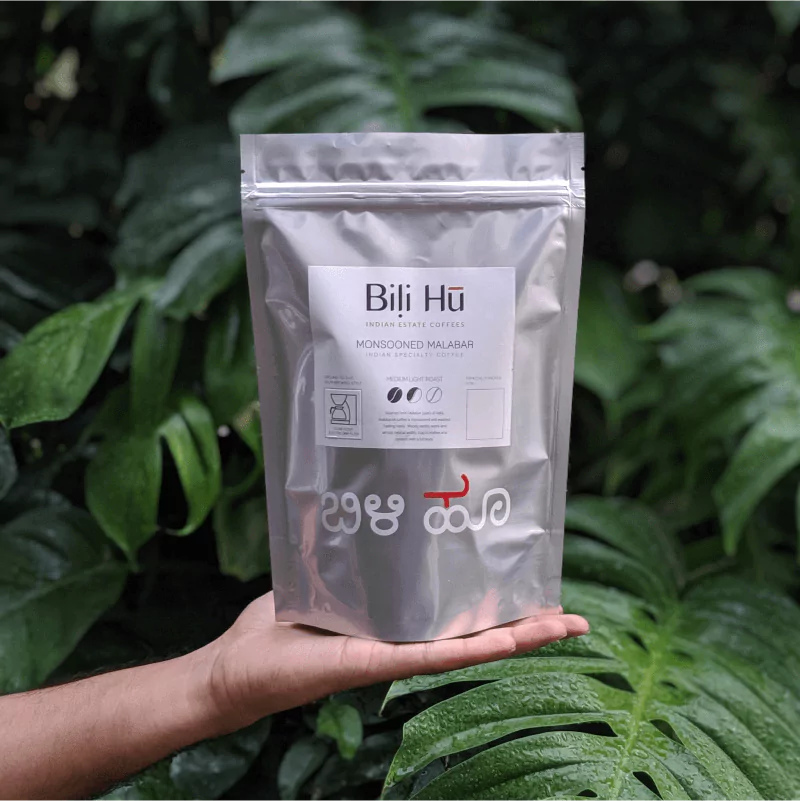
For those passionate about unique flavours, Bili Hu presents the Monsooned Malabar. Its name, inspired by the Kannada term for a white flower symbolizing harvest, reflects its special origin. The beans gain their distinct earthy flavour from the moisture of coastal monsoon winds. This full-bodied coffee complements salads and pasta beautifully, making it a top choice for enthusiasts.
Blue Tokai Coffee Roasters' Vienna Roast: Morning Perfection
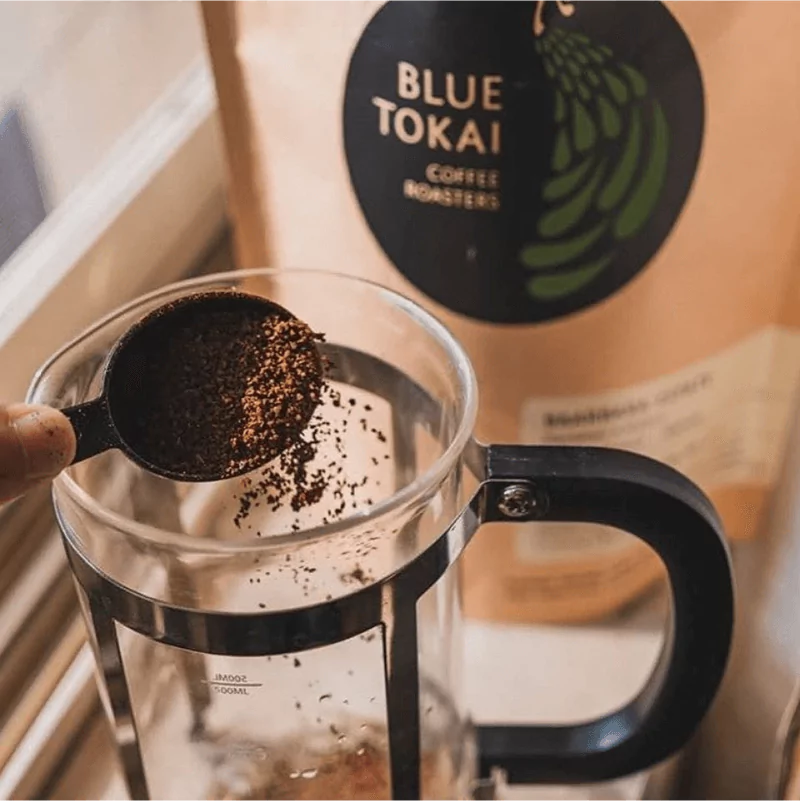
Start your day with the Vienna Roast from Blue Tokai. This dark roast, sourced from Chikmagalur, offers a slightly bitter, oaky taste that will delight fans of robust coffee. For the best French press brew, choose their specific grind and avoid brewing for more than four to five minutes to preserve the ideal bitterness level.
Savorworks Roasters' Riverdale Estate Coffee: A Unique Blend
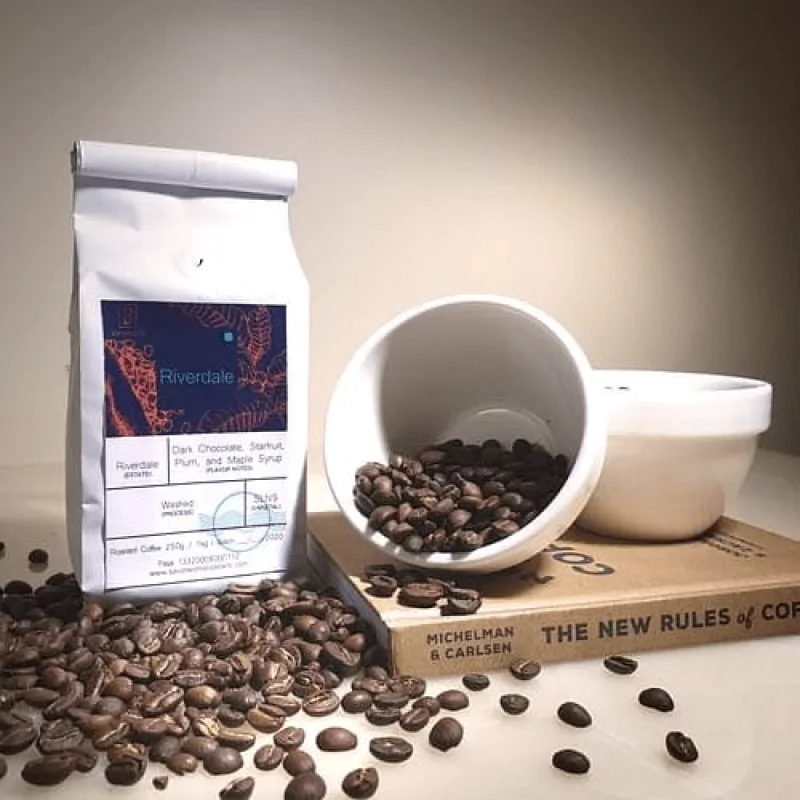
Dive into the exceptional flavor of Riverdale Estate Coffee by Savorworks Roasters. Renowned for its speciality coffee and traceable beans, this blend stands out with notes of dark chocolate, plum, and maple syrup. It's an excellent choice for those who enjoy a bittersweet taste, perfect for relaxing evenings.
Araku Coffee's Grand Reserve: Freshness in Every Sip
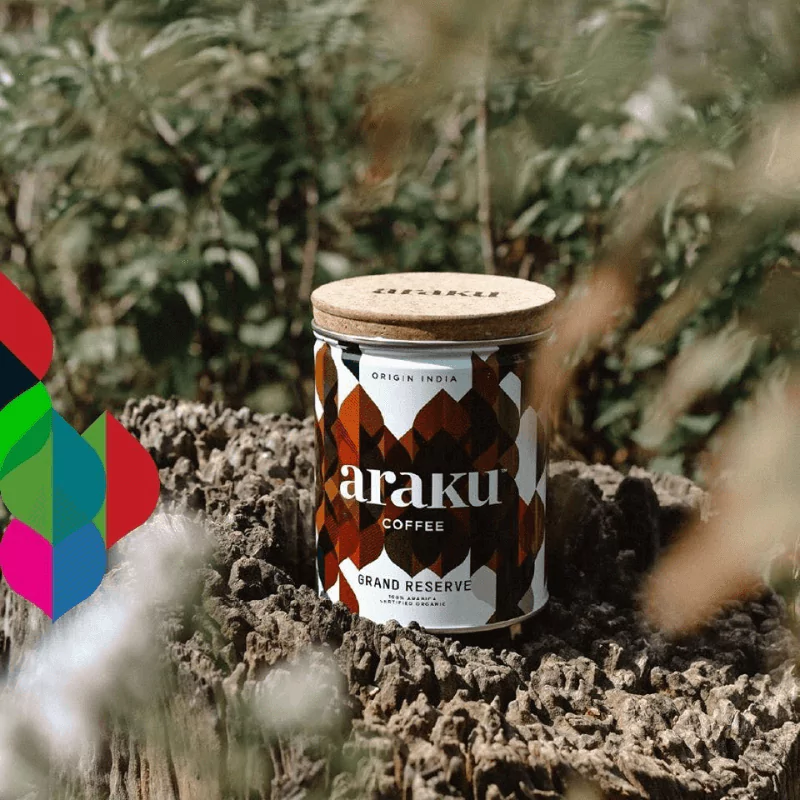
Experience the refreshing citrus and floral notes of Araku Coffee's Grand Reserve. This 100% Arabica brew is smooth, full-bodied, and revitalizing. Not only does it offer a premium taste, but its attractive packaging also makes it an appealing choice for those who appreciate the finer things in coffee.
French Press vs. Other Brewing Methods: What Sets It Apart
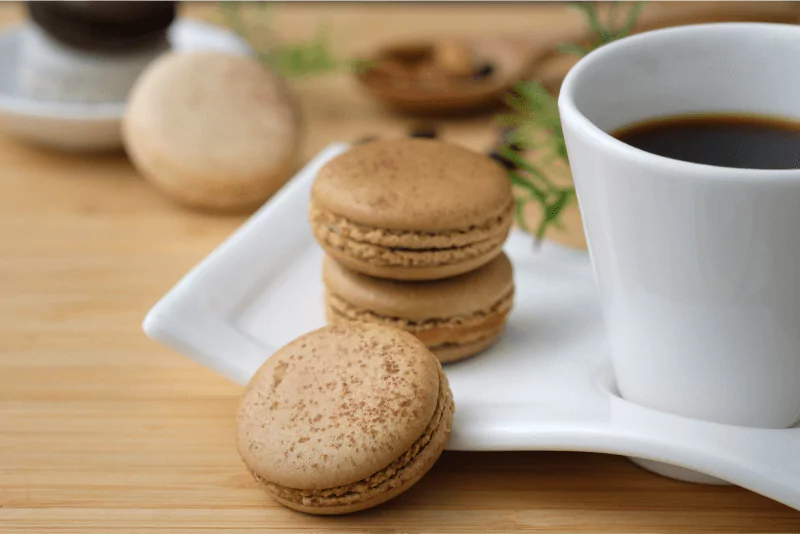
The French press is unique in the coffee world, mainly due to its filter type and brewing time, which together create a full-bodied coffee that really brings out the sweet flavours in coffee beans.
So, what makes it different? Let's explore the role of filters first.
Consider your typical drip coffee maker, Chemex, or Aeropress - they all use paper filters. These filters catch certain compounds from the coffee, resulting in a cleaner taste. Understanding these differences is key to enhancing your coffee experience.
Now, the French press uses a metal filter.
This metal filter allows more of the coffee’s natural compounds to end up in your cup, giving you a chance to taste the subtle flavours of your coffee. As coffee expert Tupper points out, coffee is even more complex than wine in terms of chemistry. Metal filters let you enjoy flavours that paper filters might hide. To really get the most out of your coffee, it's important to understand how the metal filter in your French press works.
Another key feature of the French press is the brewing time. Tupper notes that the French press is an immersion method. You're basically soaking the coffee in hot water (around 200℉) for about 9 minutes. This long steeping process extracts the sugars, highlighting the natural sweetness of the coffee beans you're using.
Fun Fact: French Press vs. Espresso – Same Filter, Different Experiences
Did you know that both French press and espresso use metal filters in their brewing? But here's the twist – they create totally different types of coffee! This is what makes coffee brewing so exciting – each method brings out a unique flavour in your cup.
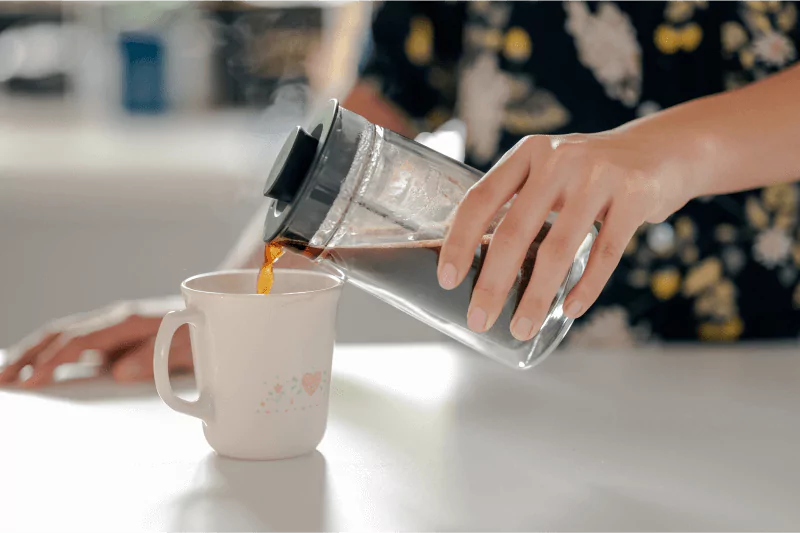
Coffee expert Tupper points out that espresso is quite different from French press brewing. Espresso uses high heat and pressure, cutting down the extraction time. Since the beans aren't steeped for long, espresso ends up being stronger and often highlights the tart and floral notes of the coffee beans. This is different from the sweet flavours you usually get from a French press.
So, the way you brew your coffee really changes its flavour profile. Whether you prefer the strength of espresso or the sweetness of French press, it's all about the technique!
French Press Brew Guide: Steps to the Perfect Cup
| Step | Process | Instruction |
|---|---|---|
| Step 1 | Measure Your Coffee and Water | Start with a 1:16 coffee-to-water ratio (for every ounce of coffee, you need 16 ounces of water). Adjust the ratio for a stronger or milder coffee. |
| Step 2 | Heat Your Water | Get your other materials ready while your water heats up. Use cold tap water in your kettle to avoid sediment. |
| Step 3 | Grind Your Coffee | Aim for a coarse grind, similar to the size of coarse kosher salt, to avoid grounds in your cup. |
| Step 4 | Prepare Your French Press | Rinse your French press with hot water to keep the temperature stable when you add the boiling water. |
| Step 5 | Add Your Grounds | Place your freshly ground coffee into the warmed French press. |
| Step 6 | Create a Coffee Bloom | Pour just enough hot water to wet the grounds, causing them to puff up or "bloom." Stop pouring when you see no water beneath the bloom. |
| Step 7 | Steep and Break the Bloom | Allow the bloom to steep for 30 seconds, then swirl the French press to break it. |
| Step 8 | Add More Water and Steep | Pour in the remaining water, place the lid on with the plunger up, and let it steep for 3-4 minutes. |
| Step 9 | Stir the Crust | Gently stir the top layer of grounds to encourage them to settle. If they persist at the top, skim them off with a spoon. |
| Step 10 | Steep Again | Let the coffee steep for another 4-5 minutes. |
| Step 11 | Plunge and Pour | After around 9 minutes total, your coffee is ready. Plunge slowly and with even pressure. |
| Step 12 | Enjoy and Adjust | If the coffee isn't to your taste, adjust your technique next time. For bitter coffee, grind coarser, use cooler water or steep for less time. If it's too acidic or weak, increase the steeping time. |
Conclusion
In conclusion, the art of coffee brewing showcases how a single ingredient – coffee beans – can yield a spectrum of flavors and experiences. Whether it's the robust, sweet notes from a French press or the strong, floral accents of an espresso, the choice of brewing method plays a pivotal role. Each technique, with its unique approach to heat, pressure, and filtration, brings out different aspects of the coffee bean, offering a diverse and rich world of taste for coffee enthusiasts to explore and enjoy.
